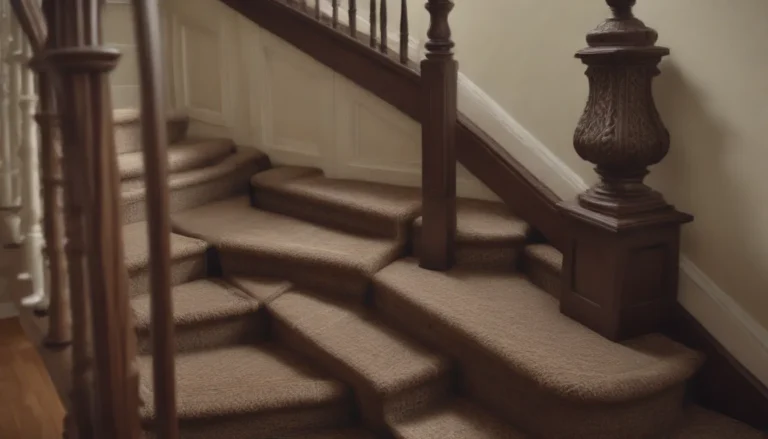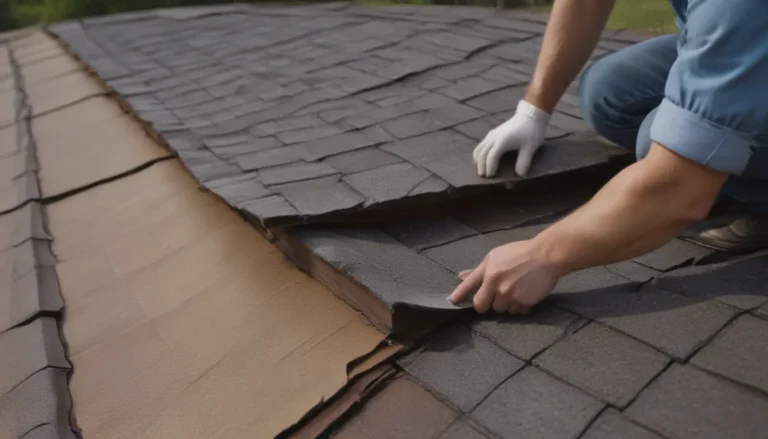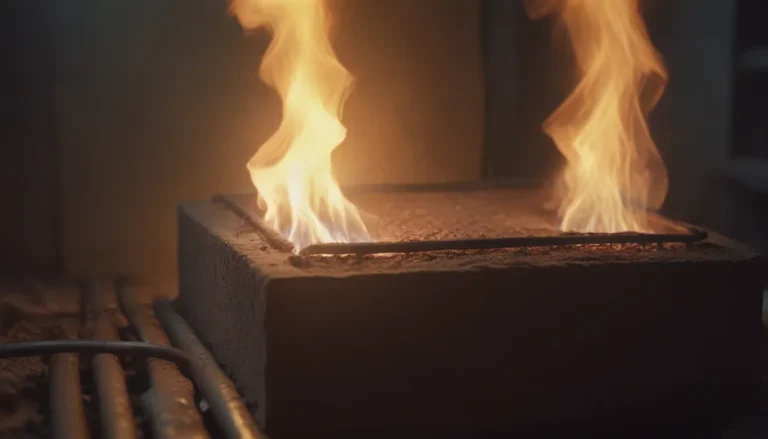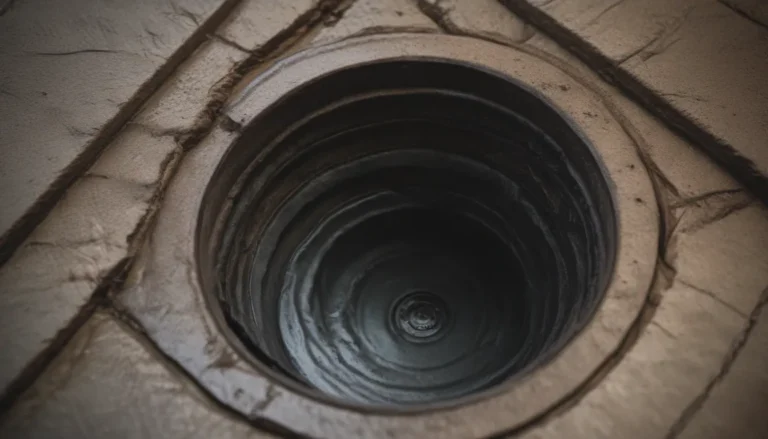The Ultimate Guide to Understanding AC Compressor Costs
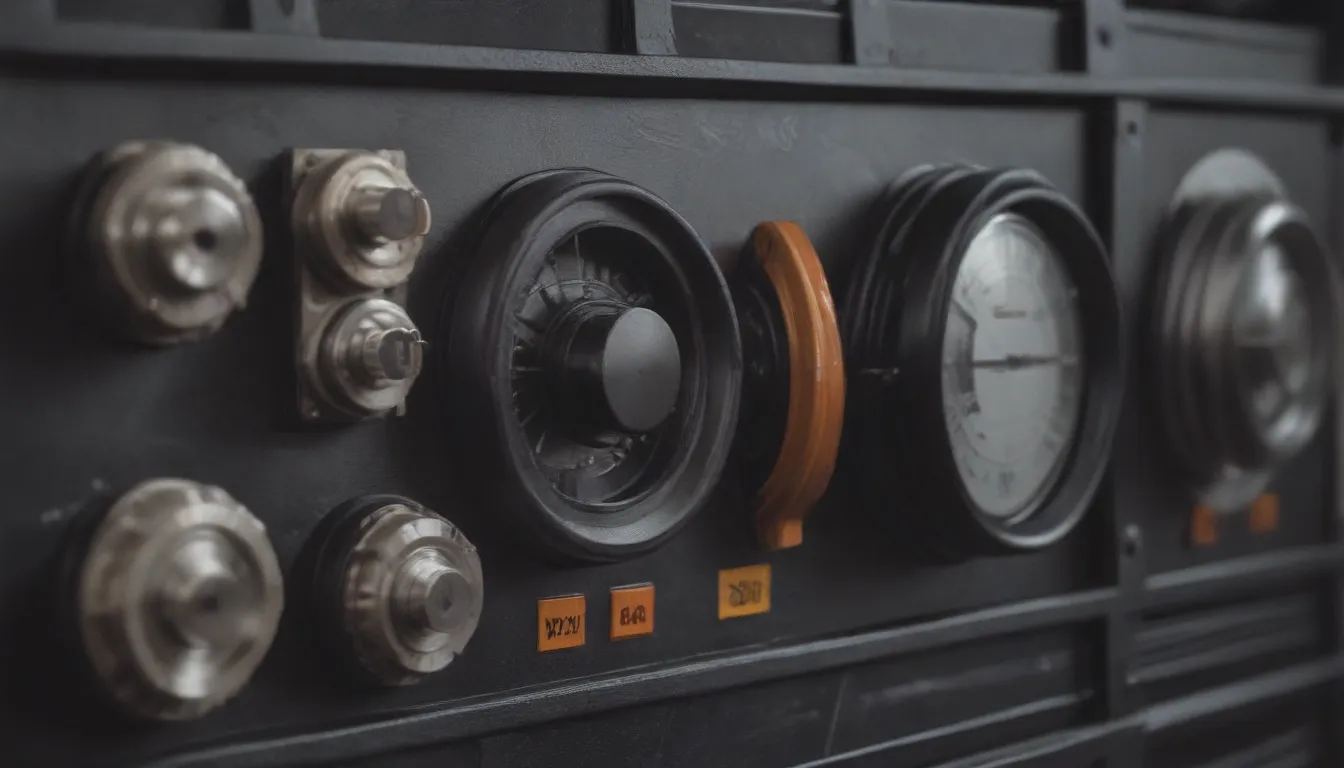
Are you experiencing issues with your air conditioner not cooling properly? The culprit could be a malfunctioning AC compressor. Understanding the costs associated with replacing an AC compressor is essential to make an informed decision about whether to repair or replace your air conditioning unit. In this comprehensive guide, we delve into the intricacies of AC compressor costs, factors that influence pricing, and how to save on repair expenses. So, let’s dive in and demystify the world of AC compressor replacements!
What Does an AC Compressor Do?
The AC compressor plays a crucial role in the operation of your air conditioning system. Think of it as the heart of your AC unit, responsible for pressurizing the refrigerant and circulating it throughout the system. This process enables the air conditioner to remove heat from your home and maintain a comfortable indoor temperature. When the AC compressor malfunctions, your air conditioner will struggle to cool the air efficiently, leading to discomfort and potentially higher energy bills.
In essence, the AC compressor is a vital component that ensures your air conditioner functions at its best.
AC Compressor Cost Factors
Several factors contribute to the overall cost of replacing an AC compressor. Understanding these factors can help you estimate the expenses involved in the repair or replacement process. Here are some key considerations:
1. AC Compressor Size
The physical size of the compressor can impact the overall cost of replacement materials. The size of the air conditioner, typically measured in AC tonnage, determines how much heat the unit can remove in an hour. Larger air conditioners require more powerful compressors, which can result in higher replacement costs.
2. AC Compressor Type
AC compressors come in different variants, including single-stage, two-stage, and variable-speed models. Each type offers unique features and performance capabilities, influencing the price range for replacement compressors.
3. HVAC Type
The type of HVAC system in your home, whether central HVAC, dual mini-split AC, window AC, or a heat pump, can also affect the cost of replacing the AC compressor. Different systems may require specific compressor models, impacting pricing.
4. Brand
The brand of the AC compressor can also play a role in pricing. Premium brands may offer higher-quality components at a higher cost, while budget-friendly options provide more affordable alternatives.
5. Labor
The labor involved in replacing an AC compressor is a significant cost factor. HVAC technicians typically charge for their time and expertise, so labor expenses can vary depending on the complexity of the repair.
Additional AC Compressor Costs
In addition to the basic replacement costs, there are several other expenses to consider when replacing an AC compressor:
1. Warranties
Check if your air conditioner is still under warranty to determine if the AC compressor replacement is covered. Warranties can help offset the cost of parts and labor, potentially saving you money in the long run.
2. AC Compressor Repair vs. Replacement
In some cases, repairing the AC compressor may be a viable option to address minor issues. However, if the compressor is failing, replacement is usually the best long-term solution to prevent future breakdowns.
3. Refrigerant Refill
During the replacement process, the HVAC technician may need to refill the refrigerant in your air conditioning system. This additional service incurs extra costs but is essential for ensuring optimal performance.
DIY vs. Professional AC Compressor Installation
While some homeowners may consider tackling AC compressor replacement as a DIY project, it’s crucial to weigh the risks and benefits of DIY versus professional installation:
DIY Installation
DIY installation comes with potential challenges, including voiding your warranty and the risk of improper installation. The costs of purchasing specialized equipment and tools can also add up, making DIY a less cost-effective option in the long run.
Professional Installation
Professional HVAC technicians have the training, experience, and tools to efficiently replace an AC compressor. Hiring a professional ensures the job is done correctly, minimizing the risk of future issues and potentially saving you money on repairs down the line.
How to Save on AC Compressor Costs
If you’re looking to reduce the expenses associated with AC compressor replacement, consider the following cost-saving tips:
- Shop around for HVAC repair companies to find competitive pricing.
- Opt for generic brands over premium options to save on replacement parts.
- Invest in regular HVAC maintenance to prolong the lifespan of your air conditioner and avoid costly repairs.
By staying proactive with maintenance and addressing AC compressor issues promptly, you can extend the life of your air conditioning unit and optimize its performance for years to come.
In conclusion, understanding the costs associated with AC compressor replacement is essential for homeowners looking to maintain a comfortable indoor environment. By considering the factors that influence pricing, exploring cost-saving opportunities, and choosing the right approach to installation, you can make informed decisions about your HVAC system’s health and longevity.
Remember, a well-maintained AC compressor can ensure that your air conditioner operates efficiently and effectively, keeping your home cool and comfortable year-round. Don’t let a malfunctioning compressor disrupt your indoor comfort—take action today to address any AC compressor issues and restore your air conditioner to peak performance!
[Sources: Angi, Architectural Digest, This Old House, Bob Vila, HomeAdvisor, and Forbes Home.]
